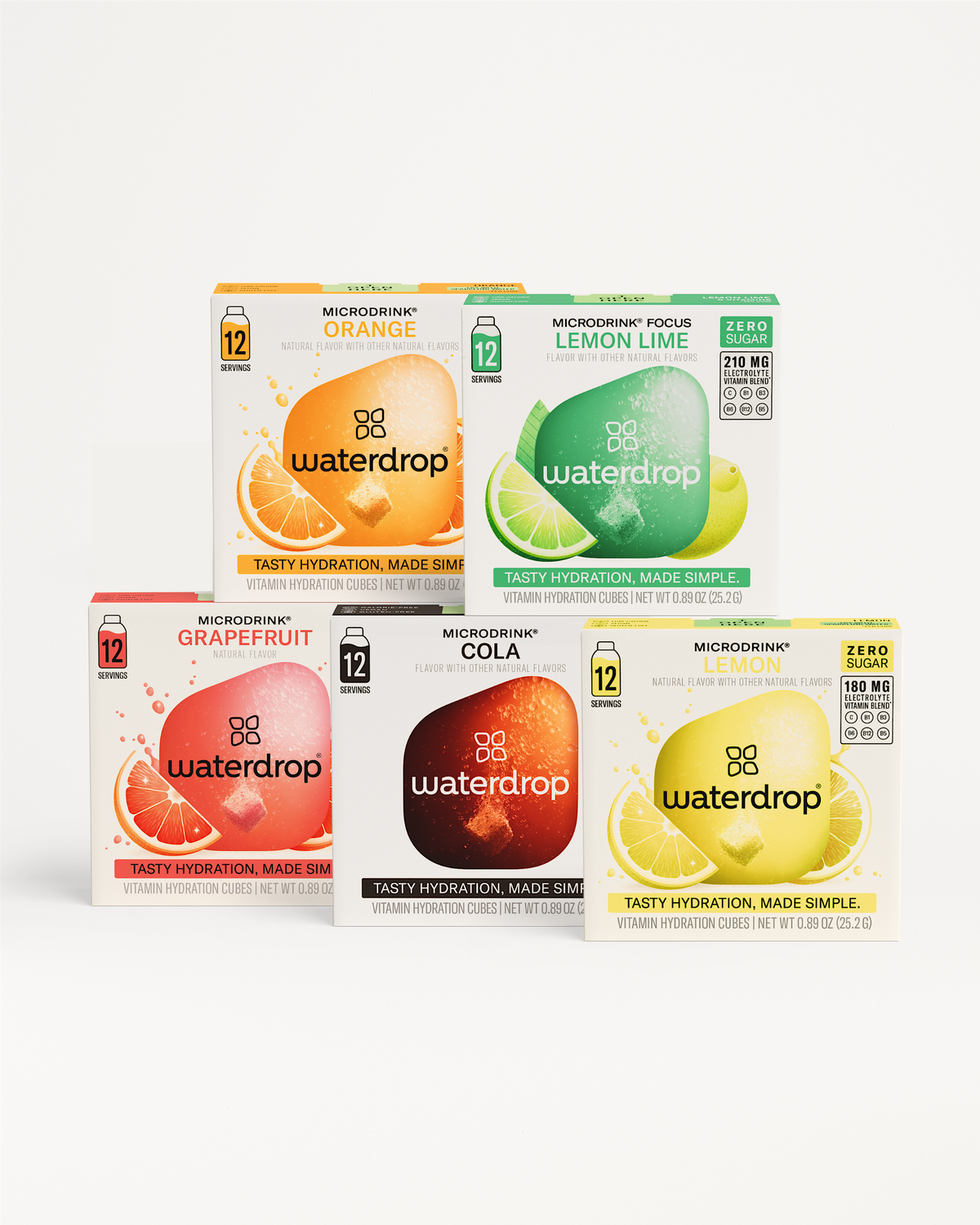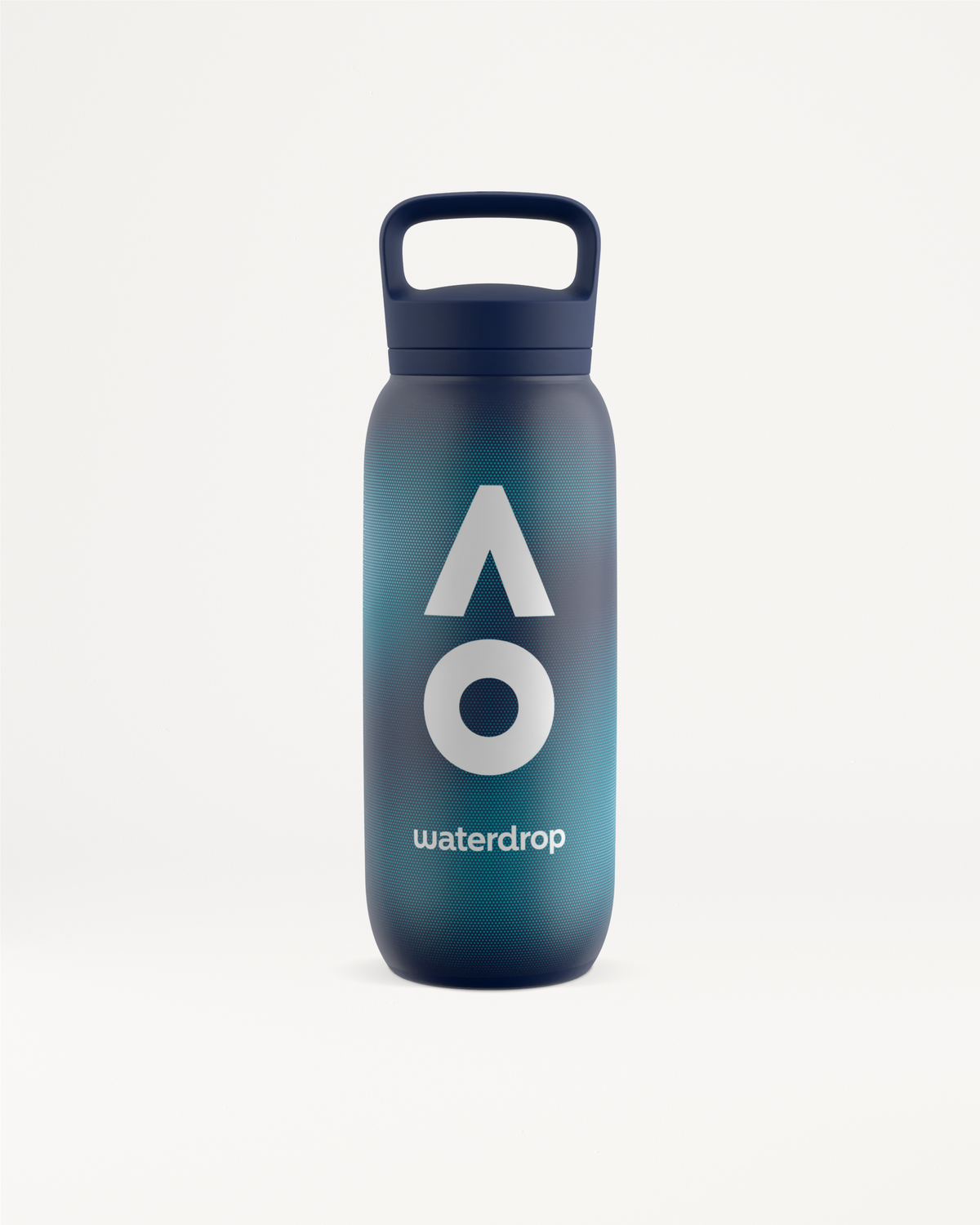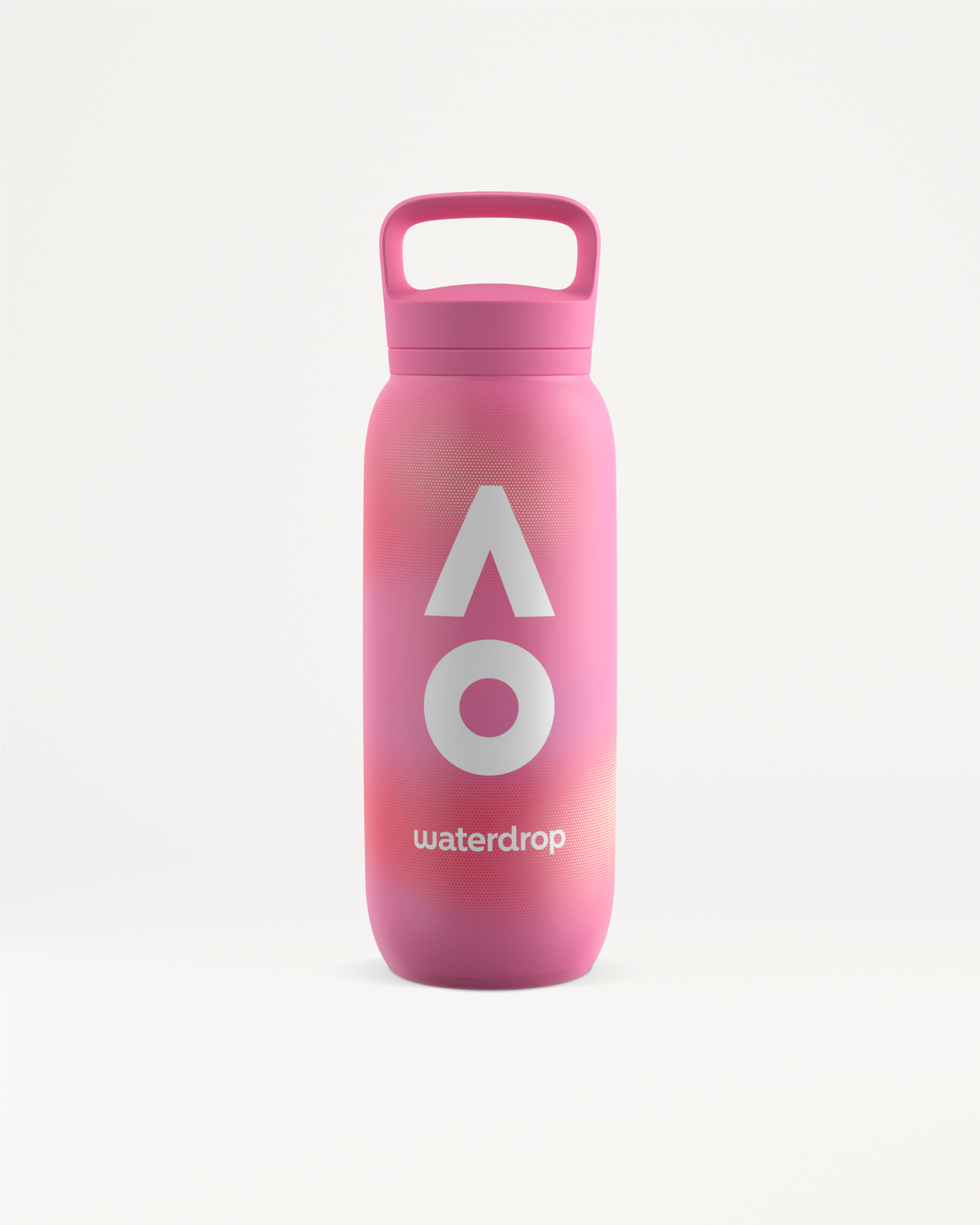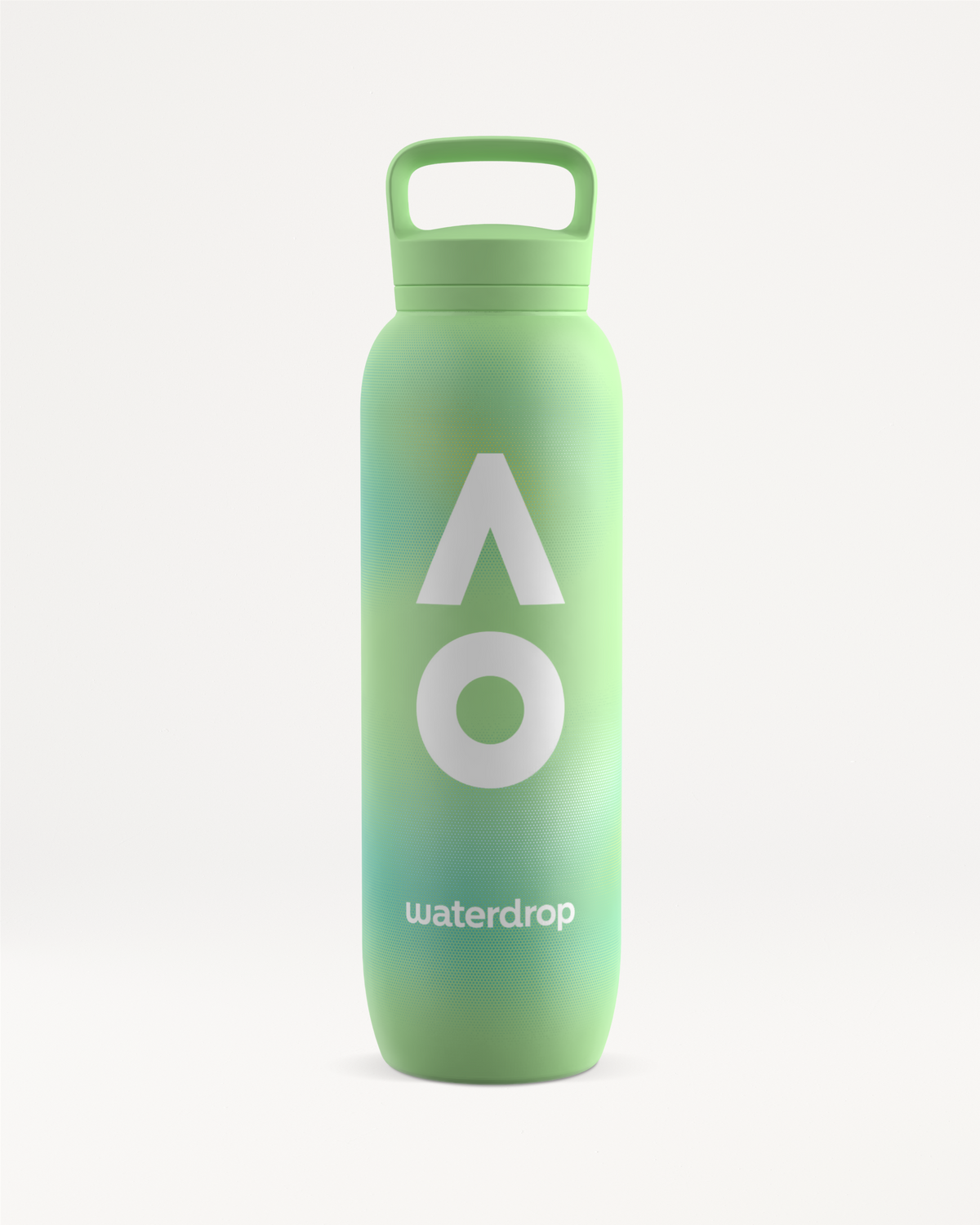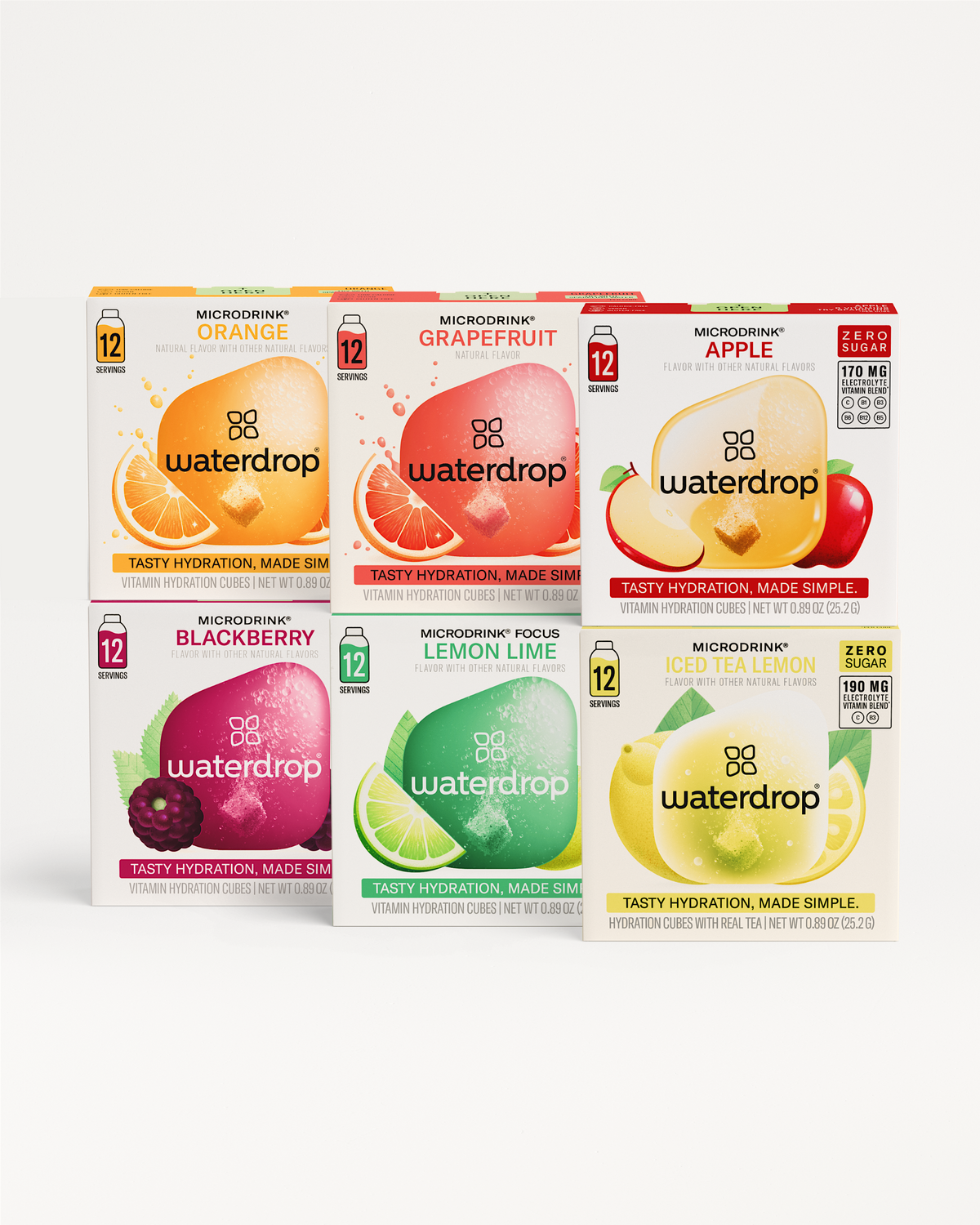There isn’t really one fixed spot to feel a headache. The pain may occur all over your head or in one spot e.g. just the back, front or side. The pain also varies from a dull to a sharp ache, and some people report feeling a throbbing headache while others feel a constant pain. These are some of the headaches you might get from dehydration:
- Migraine—A migraine occurs when the brain's nerve cells become inflamed and swollen. This is usually triggered by visual or sensory symptoms that occur before the migraine attack begins and comes with some side effects e.g. nausea/vomiting.
- Tension-type headache (TTH)—This is when muscles around your eyes and forehead tighten up due to stress/tension. This causes pain on either one side of the head or both sides at different times of day. Unlike migraines though, it doesn’t cause nausea or vomiting.
- Cluster headaches—A constant throbbing around one eye almost all day long. This usually goes away after several hours of sleep but it may come back later in the night/early morning. This typically affects about 1% of adults worldwide.
Our advice? Don’t let it get that far and keep chugging from your bottle!
To sum it up, suffering a headache from dehydration is very common. But the good news is you can easily prevent it by staying hydrated and drinking enough fluids. If you’re already feeling a little under the weather, also try to avoid hot weather and stress, as well as caffeinated and alcoholic drinks as they will worsen your symptoms.
BMC Public Health: "Public knowledge of dehydration and fluid intake practices" (BioMed Central)
Verywell Health: "Understanding Dehydration as a Headache Trigger" (Verywell Health)
Nutrition Reviews: "Dehydration and its effects on cognitive function" (Oxford Academic)





















